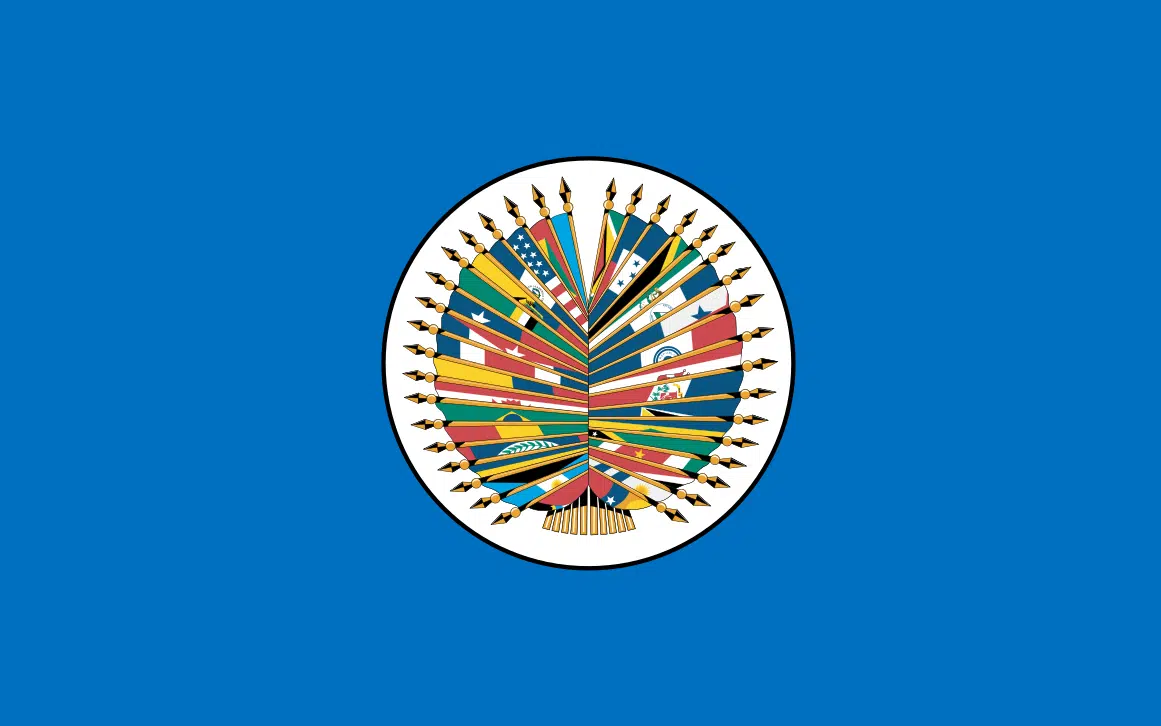Defending the Right to Life at OAS Commission

In 1948, the Organization of American States (OAS) approved the American Declaration of the Rights and Duties of Man, which is substantially based on natural law and fundamental human rights. In Article 1 of the document, for example, we find: “Every human being has the right to life, liberty and the security of his person.”
It is notable that the 1948 Declaration was drafted in part in response to Nuremberg trials of 1945-46, in which Nazi war criminals faced special courts convened to bring to justice with minimal delay those who had perpetrated the holocaust and other crimes against humanity. The world was enraptured as the horrors of the Nazi regime were laid bare, often with an eerie detachment by those who committed them. Among the crimes considered during these trials were abortion and euthanasia, then rightly recognized as shocking transgressions against the right to life of every human person.
Since that time, however, and against its own foundational documents, the OAS and its associated entities have taken a tragic turn by finding in favor of an alleged right to abortion, among other alleged rights.
The OAS is a regional organization that brings together the 35 countries of North and South America and the Caribbean. In order to promote human rights in member countries, the OAS created the Inter-American Commission on Human Rights (IACHR). Additionally, the IACHR seeks to monitor the implementation of their human rights policies in the region.
Founded in 1959, the IACHR is a quasi-judicial organ of the OAS. It is currently conducting a series of four consultation hearings in the sub-regions of North America, Central America, South America, and the Caribbean. At these events, civil society organizations (CSOs) can give input into the IACHR’s 2017-2020 Strategic Plan, in which it sets its priorities for its various efforts in the region.
Human Life International was one of several CSOs that saw a special opportunity in the recent IACHR forum held in Washington, D.C. The majority of presentations from CSOs had to do with concerns about immigrant rights given recent political developments in the U.S. Many interventions, however, also noted the lack of progress at the IAHCR for the concerns of indigenous groups and those suffering from severe poverty. A number of groups also advocated, as was expected, for the promotion of gender ideology and abortion under the banner of “rights.”
As the short interventions proceeded, it was clear that several groups place a higher priority on the promotion of a radical agenda based in the sexual revolution than the needs of the most vulnerable. Indeed, it has been clear for years that the sexual rights caucus has held sway at the OAS in general while many fundamental rights concerns continue to be put on the back burner. Much of this takes the form of a campaign to reduce national sovereignty and eliminate laws that protect the family, the right to life, and religious freedom.
It was in this environment that HLI’s Stephen Phelan offered the commissioners our case for the defense of the most vulnerable, and respect for national laws that defend the right to life based in the IACHR’s own documents. The IACHR CSO consultations were held at the OAS administrative building on February 10. In the HLI statement, it was pointed out that abortion and euthanasia are still very much the same crimes against humanity today that they were in the 1940s, when the Nuremburg Trials and the OAS recognized them as such. Other pro-life groups also offered interventions, asking the commissioners to focus on questions of legitimate human rights and avoid the efforts to advance radical sexual proposals that only divide and harm people.
We hope that our intervention, and those of the pro-life human rights defenders present at the event, will be considered by the OAS Member State ambassadors and the OAS officials. As with past interventions, which have not always been received well by many pro-abortion activists as the OAS, HLI will continue making the case for life, faith and family throughout the Americas.

